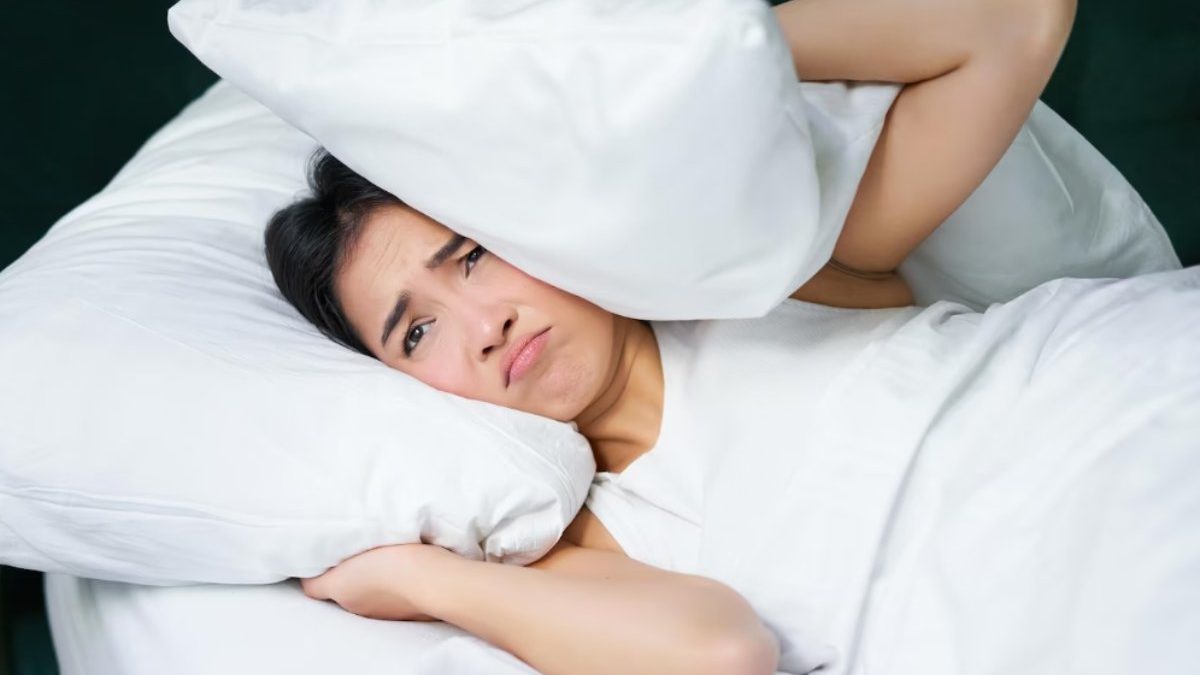Table of Contents
Introduction
Sleep Houston is a clinic dedicated to helping their patients to recognize and treat them. Dr Hans Schleicher is a clinical director of Sleep Houston. He is a native Texan and was born in Texas City and raised in Texas, Houston. He began his career in 1980 with a simple goal and a plan to create unique dental practice. Dr Hans Schleicher started to practice meeting his patients’ needs and nurturing a lifelong bond with each patient. He used to personally answers each email and returns calls within 24 hours. Dr Schleicher started his journey into dental sleep medicine in 2005 and now began to help his patients dealing with sleep disorders breathing, obstructive sleep apnea and temporomandibular joint dysfunction.
Firstly, to offer his patients the best care and to cut down on the impact this serious condition has on his patient health. He also began with advanced training in dental sleep medicine. Dr Hans Schleicher invested many hours of continuing education correlated to SDB OSA and TMJ disorders. Therefore, he recognized the need to know or identify and treat the condition, the undiagnosed occurrence of patients’ misery from OSA within his patient base.
Dr Hans Schleicher has developed their working relationships within the medical community. He can synchronize treatments for patients who are intolerant to CPAP therapy. The goal is to assist these untreated patients in finding an treatment option that will offer them a healthier and more vital life. And it is done through an amalgamation of screening, testing, and treating these patients in teamwork with board-certified sleep physicians. When specified, oral appliance therapy (OAT) may be an option by opening the patient’s limited lifesaving oxygen to the brain and organs while asleep.
Over the past decade, dental-related sleep disorders have only started to receive the awareness they deserve. Sharing these vital facts with other dental and healthcare providers and the community he serves is a rewarding part of Dr. Schleicher’s career. As per the information from https://www.sleephoustan.com.
Featured Services – Sleep Houston
- Obstructive Sleep Apnea
- Tension and Migraine Headaches
- TMJ Pain and Popping
- Alternative Treatment for CPAP Intolerance
- Oral Dental Appliances
TMJ Pain and Popping – Sleep Houston
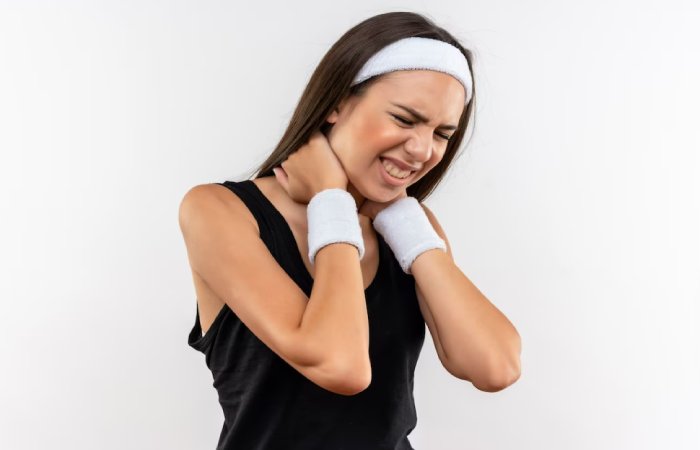
What Can You Do to Alleviate the Symptoms?
There are some things that patients can do while waiting for appliance therapy to help control TMJ symptoms and alleviate pain. Here are some suggestions that many patients find beneficial:
Soft diet (no gum, hard candy, beef jerky, tough steak, ice, etc.)
Anti-inflammatory medications, such as Advil or Aleve (if you can take such medications), as directed
Cold packs alternating with moist heat or a heating pad applied to the area two times a day for 20 minutes, as needed
Controlled, minimal mouth opening
- When chewing food
- When swallowing
Suppose you find that your teeth are together during the day or night. In that case, this puts loading forces on the temporomandibular joints and can help create muscle spasms and aggravate inflammation within the temporomandibular joint.
Obstructive Sleep Apnea – Sleep Houston
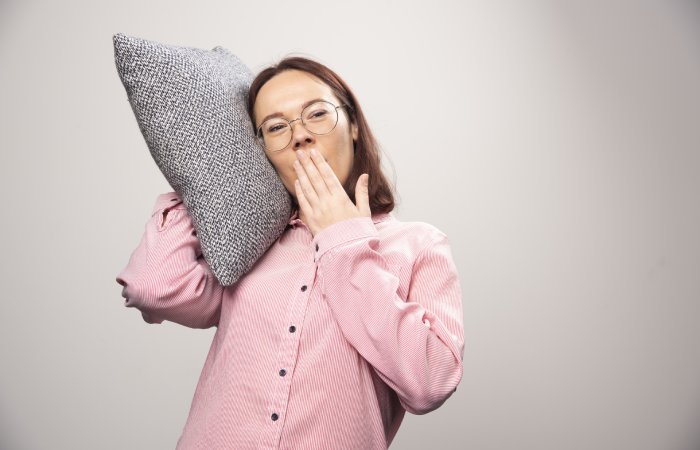
It is a disease that can gradually sneak into your life as you grow up and often causes snoring. Most people don’t wake up one morning and discover that they have OSA. Patients frequently feel like they have less energy, less mental focus, and less stamina.
So What Happens During an OSA Episode?
When obstructive sleep apnea occurs, breathing stops completely. Within seconds, the oxygen level in the blood begins to drop, and the carbon dioxide level begins to rise. Your brain’s first physiological response is that it senses this and tries to get more blood into your system by dramatically increasing your heart rate, which in turn causes your blood pressure to rise. As the seconds go by, many patients will begin to clench their teeth as the muscles try to open the airway. In some patients, he may experience more than a hundred events in one night. The oxygen level continues to drop, and at some point, the brain realizes that there is an obstacle, and the patient will gasp or cough to clear the barrier until the next apnea occurs.
The result is the patient wakes up the next morning thinking that they’ve slept for eight hours, but they have been in an oxygen-depleted and split sleep pattern that never allows them to enter the deeper zones of sleep where all the magic happens. When this repeatedly occurs, health and wellness issues are compromised, and patients feel their vitality is wasted and ignored as a fact of ageing. This deep sleep magic happens when all your neurotransmitters are replenished, your hormonal system is balanced, and your immune system is strengthened. As per the information from https://www.sleephoustan.com.
Tension and Migraine Headaches
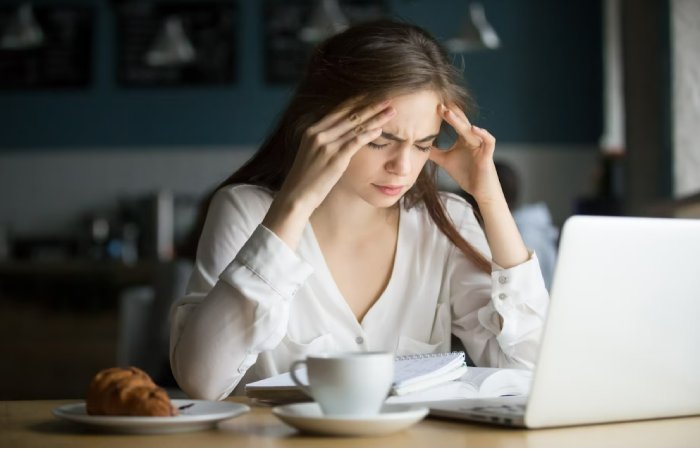
There Are Several Distinct Types Of Headaches – Sleep Houston
Tension and migraine headaches are the most commonly diagnosed forms of headache.
Migraine headaches are associated with neurological symptoms, including sensitivity to light, intolerance to sound, and dizziness.
Sinus headaches can give the sufferer a feeling of pressure in the forehead or under the eyes.
You’re in luck if you’re under a doctor’s care and your headaches are well controlled. If you have headaches that have not been diagnosed by a professional and are frustrated by the lack of significant relief, a dentist trained in treating headaches can help. Important neuromuscular and jaw positioning factors often contribute to these conditions that many clinicians are unaware of because their training has not focused on these new treatment modalities. Alternative Treatment for CPAP Intolerance
Alternative Treatment for CPAP Intolerance
If you have trouble sleeping and have used CPAP (continuous positive airway pressure) machines but found the results unsatisfactory, Sleep Houston can help you find an alternative treatment.
You don’t need to suffer from sleepless or restless nights. Dr Schleicher is a specialist with a proven track record of providing patients with the latest and most effective treatment methods.
Obstructive sleep apnea (OSA) has historically been treated using a CPAP machine. They require a face mask to pump compressed air into the body to keep the airways open during sleep. However, CPAP machines may not be effective because they can be cumbersome for some patients.
Most Common Symptoms of CPAP Intolerance
- Headaches
- Facial or sinus irritation
- Fatigue or even drowsiness
- Bloating or dietary changes
Oral Dental Appliances – Sleep Houston
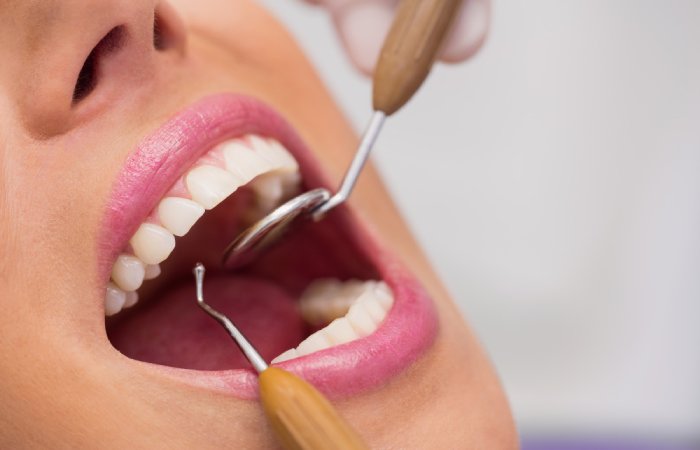
Treatment for Sleep Apnea and Snoring – Sleep Houston
Oral Appliances – It use for the treatment of snoring and sleep apnea gives patient. A convenient, portable, comfortable, and effective way to enjoy a peaceful night sleep. The founder of Sleep Houston found oral appliances and often to be the best course of treatment for the levels of snoring. Especially patient prefer not to use a CPAP machine, and which can be uncomfortable, and tough to keep clean. As well as mild apnea to extreme sleep apnea. And also, as per the information from https://www.sleephoustan.com.
Customized Oral Appliances
Therefore, a wide variety of custom oral appliances are available and tailored to each patient based on the shape of the mouth, teeth, previous dental work, etc.
Each patient receives individual instruction regarding the use and care of the oral appliance.
STEP 1 Sleep Houston
Make an Appointment
Make an appointment with Sleep Houston, Houston’s #1 snoring, sleep apnea, and TMJ treatment center.
STEP 2 Sleep Houston
Begin Your Treatment Journey
At Sleep Houston, your treatment journey starts with a consultation and screening. And it ends with relief from sleep apnea, snoring, TMJ, and migraine headaches.
STEP 3 Sleep Houston
Start Your Life to the Fullest Again!
However, we understand your suffering. But now you can once again live your life to the fullest, free of all the symptoms of sleep disorders and TMJ. As per the information from https://www.sleephoustan.com.
How Much Sleep Do You Need?
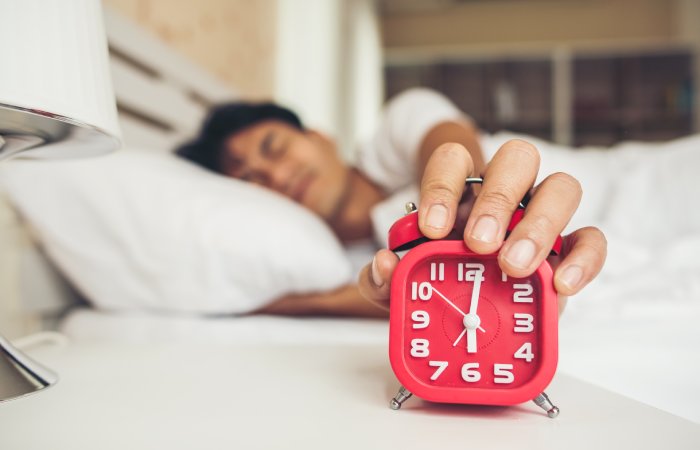
Every person is unique, coming from all walks of life and backgrounds. But there’s one thing we all need: sleep. According to the Hubs for Disease Control and Prevention, sleep deprivation associates with several chronic conditions, including:
- Cardiovascular disease
- Depression
- Diabetes
- Obesity
While sleep is vital, many people either struggle to get enough of it or aren’t aware of how much sleep they should be getting each night.
How much sleep do you need?
Age has a lot to do with how much sleep we should get. The CDC recommends the following hours of sleep based on age:
- Newborns: Birth to 3 months, 14-17 hours (including naps)
- Infants: 4 to 12 months, 12-16 hours (including naps)
- Toddlers: 1 to 2 years, 11-14 hours (including naps)
- Preschool: 3 to 5 years, 10-13 hours (including naps)
- School age: 6 to 12 years, 9-12 hours
- Adolescents: 13 to 18 years, 8-10 hours
- Adults: 18 to 60 years: 7 or more hours; 61 to 64 years: 7-9 hours; 65 years and older: 7-8 hours
Firstly, keep in mind, however, that every person is different. While you might feel great after receiving seven hours of sleep, your friend might need eight to feel refreshed. So, adjust your sleeping pattern accordingly — and speak to your specialist if you have any queries.
Tips for Improving your Sleep
Getting enough sleep can be difficult due to hectic work schedules, stress and various other reasons. So it’s very important to adopt healthy sleep habits. Therefore, the National Sleep Foundation has a variety of recommendations. And also, sticking to a sleep schedule with the same bedtime and wake-up time
Exercising daily
Therefore, sleeping on a comfortable mattress and pillow (make sure to replace your mattress every ten years).
Thus, if you consistently struggle with your sleep despite trying to follow healthy sleeping habits, it could be a signal of an underlying medical condition, such as:
- Insomnia: A sleep disorder that causes us to have trouble falling and staying asleep
- Narcolepsy: A sleep disorder that causes overwhelming daytime drowsiness
- Restless legs syndrome (RLS): A condition that causes an uncontrollable urge to move your legs
- Sleep apnea: And also, a sleep disorder where breathing repeatedly stops and starts, often resulting in excessive snoring
Therefore, in most cases, receiving treatment is vital to improving your sleep if you have one of these conditions. For example, people with sleep apnea are often prescribed a continuous positive airway pressure (CPAP) machine, which uses a hose, mask, or nosepiece to continuously deliver air to their bodies. It increases the air pressure in your throat, preventing your airway from collapsing when you inhale.
Conclusion
Sleep Houston helps their patients to be healthy. He answers each email and returns calls within 24 hours to offer his patients the best care. Dr Hans Schleicher, Goal is to assist these untreated patients in finding a treatment option.

